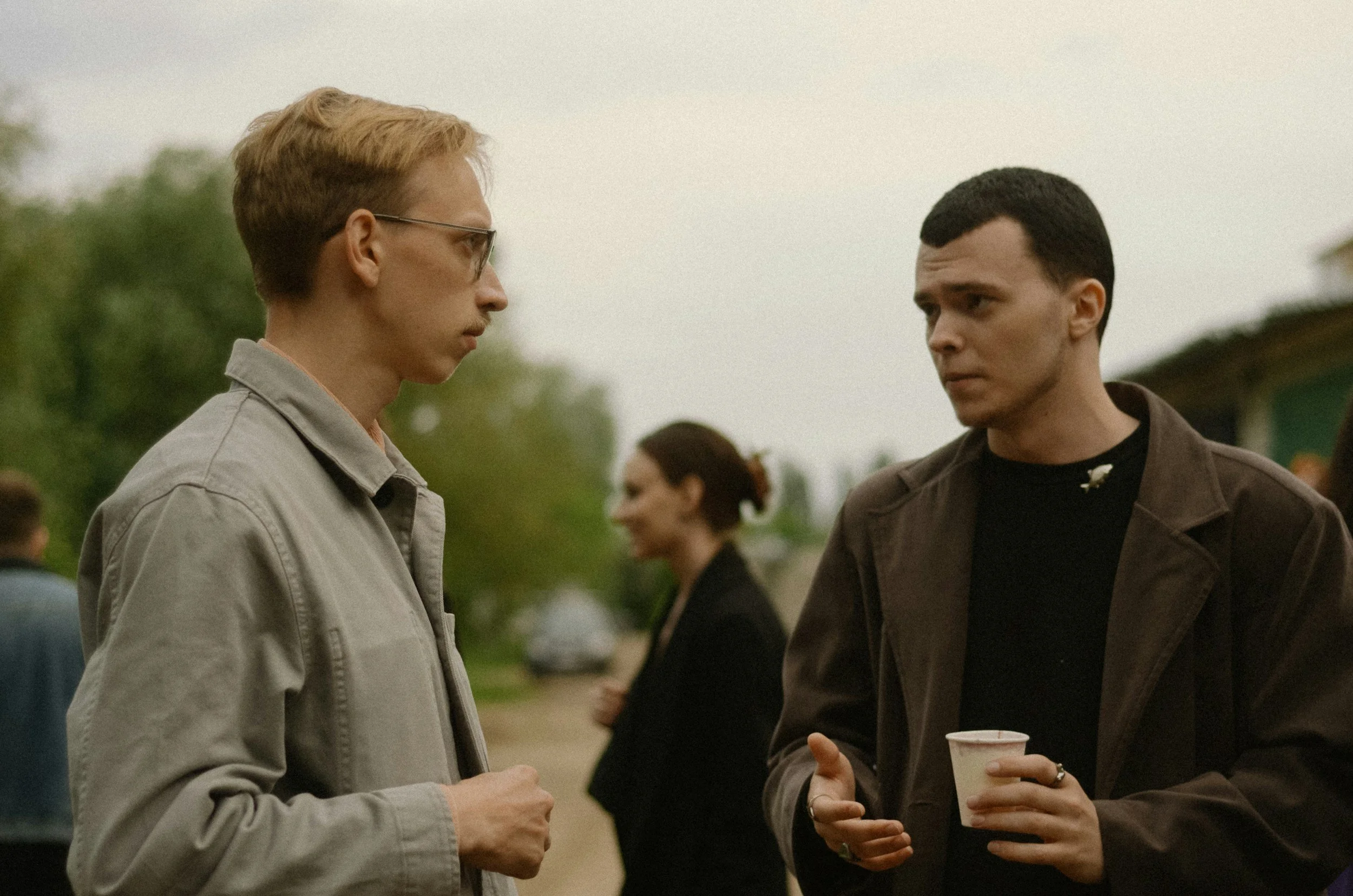The London Accent: How Many Are There Really?
Spoiler: It's not just "the London accent" — it’s dozens.
When someone says "the London accent," what do they actually mean?
Are they referring to the iconic Cockney rhyming slang? The smooth North London drawl? Or maybe that polished "BBC English" sound?
The truth is: there is no single London accent.
London is one of the most linguistically diverse cities on the planet — and it has the accents to prove it.
Let’s break down the major London accents and what they say about the city, its people, and its ever-evolving culture.
1. Cockney — The OG East London Accent
Probably the most famous of all, the Cockney accent has been around for centuries. Traditionally associated with working-class East Londoners, Cockney features:
Rhyming slang (“Apples and pears” = stairs, “Dog and bone” = phone)
Glottal stops (“bo’le” instead of “bottle”)
"Th" sounds turning into "f" (“thing” becomes “fing”)
It’s cheeky, fast, and packed with personality — but it’s slowly disappearing from its heartland due to gentrification and changing demographics.
2. Multicultural London English (MLE) — The New London Sound
This is the real sound of Gen Z London.
Multicultural London English (MLE) developed in the late 20th century in areas like Hackney, Tottenham, and Peckham, where diverse communities — Caribbean, African, South Asian, and white working-class — mixed.
It blends elements of Cockney, Jamaican Patois, South Asian English, and even some Americanisms.
You’ll hear it everywhere now — especially among younger Londoners, regardless of background.
Key features:
Flattened vowels (“ting” instead of “thing”)
Words like “man” and “bruv” used generically
A relaxed, rhythmic tone
If you’ve watched Top Boy or Blue Story, you’ve heard MLE.
3. Estuary English — The Commuter Belt Accent
Often confused with Cockney, Estuary English sits between traditional Cockney and Standard English.
It’s spoken in areas along the Thames Estuary — think Essex, Kent, Surrey — and increasingly, by middle-class Londoners.
It’s softer than Cockney but still has that “London-lite” vibe. You might hear:
Slight glottal stops (“wa’er” instead of “water”)
Dropped “r”s at the end of words
More neutral vowel sounds
Think: Jamie Oliver or Adele (especially in early interviews).
4. Received Pronunciation (RP) — AKA “The Queen’s English”
Technically not a London accent, but heavily associated with central London, especially in areas like Kensington, Chelsea, or the political and media elite.
It’s what you'd hear from news anchors, politicians, and posh West End characters. Clear enunciation, no glottal stops, and a crisp “t.”
Famous speakers: David Attenborough, Emma Watson, Benedict Cumberbatch.
RP is often seen as prestigious — but in modern London, it’s more niche than dominant.
5. South London Variations — Brixton to Croydon
South London has its own linguistic identity — a mix of MLE, Caribbean influences, and traditional South London sounds.
You’ll hear strong accents in areas like Brixton, Lewisham, and Croydon that don’t fit neatly into any single category.
For example:
Vowel shifts (sounding more “flat”)
Use of slang like “peng,” “ting,” and “wasteman”
Melodic, rhythmic delivery often tied to musical scenes like grime, drill, and rap
6. Heritage Influences — Accents Within Accents
Because London is so multicultural, you’ll also hear:
South Asian English: Punjabi- or Hindi-influenced intonation
West African English: From communities in Peckham, Woolwich, etc.
Caribbean Patois: Especially in areas with Jamaican heritage
These aren’t separate accents but often layered into how someone speaks MLE or Cockney.
So… How Many London Accents Are There?
It’s impossible to pin down an exact number. But linguists agree that London has at least 6–8 major accent categories, and countless micro-dialects depending on age, ethnicity, borough, and background.
Accents evolve constantly — and in London, they shift faster than almost anywhere else.
📍Why It Matters
Your accent in London can say a lot:
Where you grew up
Who you grew up around
Your class, education, even your job
But more than that, London’s accent landscape reflects something bigger: a city that’s constantly changing.
And unlike many places in the world, there’s no “right” way to sound like a Londoner — because there’s no one way to be a Londoner.
Final Thought
Next time someone says “I love the London accent,” ask them — which one?
Because in this city, every postcode has its own sound. And every voice tells a different story.
Know someone who thinks there’s just one London accent?
Send this their way — and don’t forget to follow @Londonyaar for more untold stories from the city that never stops talking.
